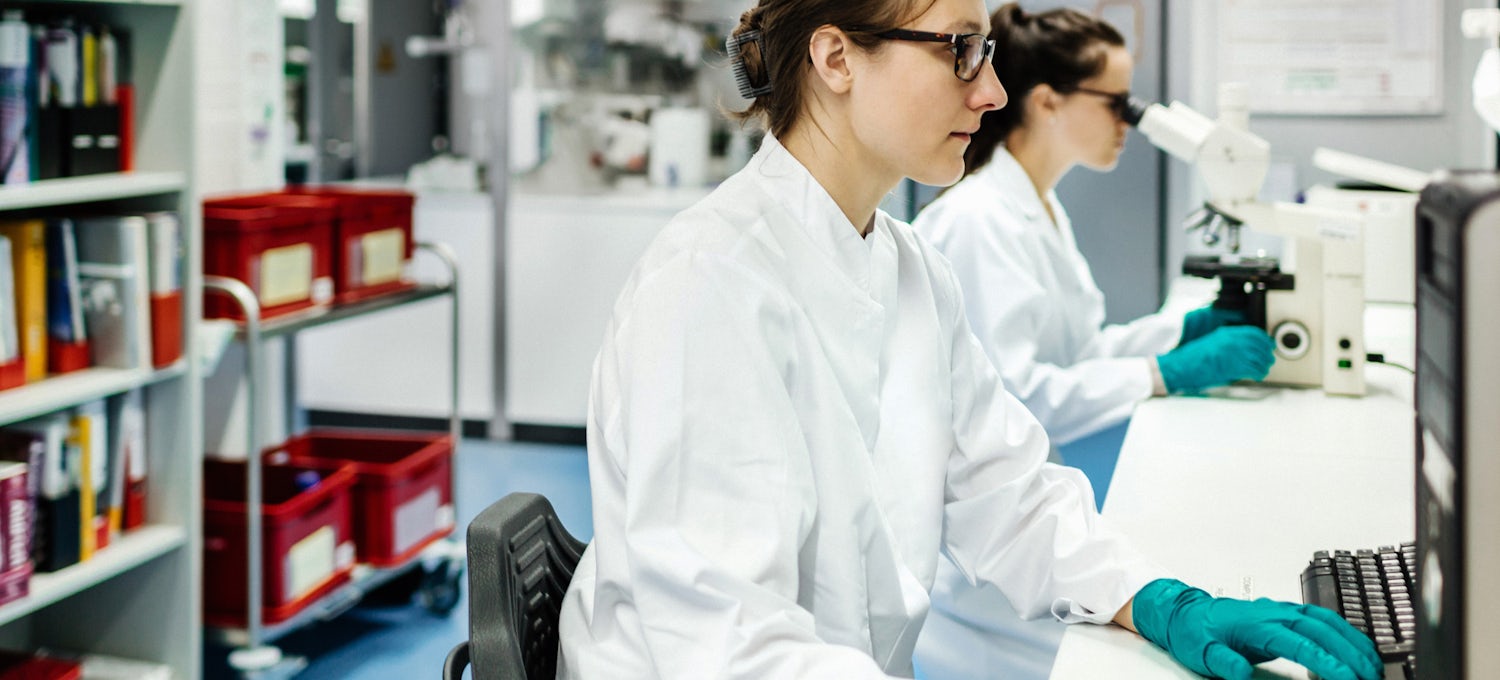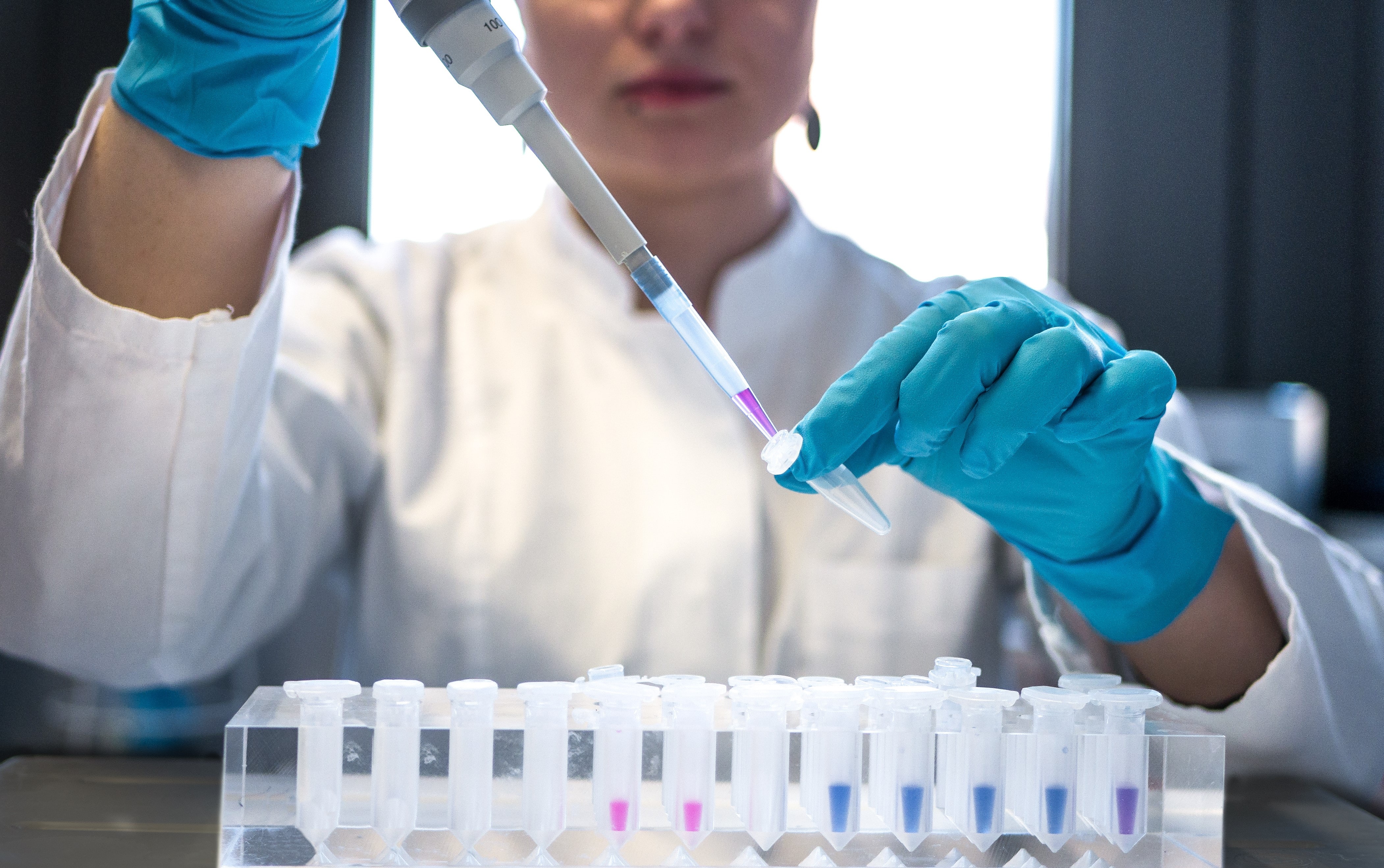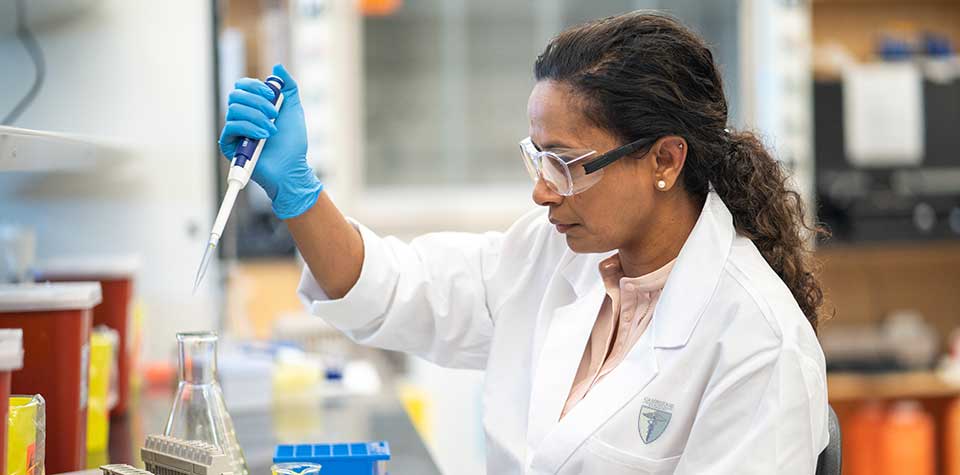Medical laboratory technicians play a crucial role in the field of healthcare, aiding in the diagnosis and treatment of patients. Their responsibilities include collecting samples, performing tests, analyzing results, and ensuring quality control. If you have an interest in science, problem-solving, and working in a hands-on laboratory environment, a career as a medical laboratory technician may be a great fit for you.
Medical Laboratory Technician Responsibilities
Medical laboratory technicians have a diverse range of responsibilities that can vary depending on the specific laboratory setting. Some of their day-to-day tasks may include:
-
Collecting samples of blood and other bodily substances
-
Performing laboratory tests on samples and analyzing the results
-
Ensuring quality control of samples
-
Adhering to a laboratory’s standards and policies
-
Preparing and processing samples as required
-
Operating lab equipment, such as microscopes and cell counters
-
Logging test data into patients’ medical records

Why Pursue a Career as a Laboratory Technician?
A career as a laboratory technician offers several rewards and opportunities. By assisting physicians and surgeons in determining a patient’s diagnosis, you can contribute to improving healthcare outcomes. If you enjoy problem-solving and investigating, working as a laboratory technician allows you to act as an investigator, finding clues and uncovering answers that can help patients receive better diagnoses and treatment.
Furthermore, medical laboratory technicians have the opportunity to work behind the scenes on important research for advancements in the medical field. This allows you to contribute to the betterment of society and make a difference in the lives of others. Additionally, laboratory work is hands-on and varied, ensuring that no two days are the same.
One of the appealing aspects of pursuing a career as a laboratory technician is that you can enter the workforce quickly and affordably. Unlike some professions that require a four-year degree, it is possible to obtain an entry-level position as a laboratory technician without a lengthy educational commitment.
Job Outlook and Salary
The demand for medical laboratory technicians is projected to increase by 13 percent from 2021 to 2031, according to the U.S. Bureau of Labor Statistics [1]. This growth can be attributed to the continuous advancements in medical research and the increasing need for diagnostic services. As a result, there are plenty of opportunities for individuals interested in pursuing a career in this field.
In terms of salary, clinical laboratory technicians earn an average of $57,800 per year [2]. It’s important to note that salaries may vary depending on factors such as experience, location, and the type of facility you work in.
How to Become a Laboratory Technician

If you’re interested in pursuing a career as a medical laboratory technician, here’s a step-by-step guide on how to get started:
1. Enroll in a Degree Program
To become a medical laboratory technician, you’ll need to obtain either an associate’s or bachelor’s degree in clinical laboratory science. These degree programs typically include courses in chemistry, biology, math, and statistics, providing you with a solid foundation in the scientific principles necessary for this profession.
Consider selecting a school that offers job-placement assistance and career counseling for students. Some programs also emphasize providing clinical work experience, which can enhance your skill set and increase your employability.
2. Earn Your Degree
During your degree program, you’ll not only take science and math courses but also gain practical experience with tests and samples. This hands-on training will familiarize you with the techniques and processes used in laboratory settings. Additionally, you’ll learn about specialized areas such as hematology and microbiology, which will help you identify your potential areas of interest and specialization.
It’s worth mentioning that some states may require certifications or licenses in addition to your degree. Check with your state’s board of licensing or the American Society for Clinical Laboratory Science to determine the specific requirements in your area. Even if certification is not mandatory, obtaining one can enhance your job prospects, as some employers prefer to hire certified lab technicians.
3. Get Certified
If certification is required or you choose to pursue it voluntarily, it’s advisable to take the certification exam while your knowledge is fresh. Earning a certification demonstrates your competence and dedication to your profession, setting you up for success in your future career endeavors. The specific certifications available vary by location, so be sure to research the options available in your area.
Related Jobs in a Medical Laboratory
The field of medical laboratory science offers various related job roles that you may find interesting as you consider a career as a laboratory technician. Some of these roles include:
-
Clinical pathologists: They study the causes and nature of diseases, aiding in the diagnosis and treatment process.
-
Histotechnicians: They prepare tissue samples for microscopic examination, assisting pathologists in identifying diseases.
-
Cytotechnologists: They analyze cellular patterns under a microscope to identify cell anomalies and diseases.
-
Phlebotomists: They specialize in drawing blood and ensuring patients’ comfort during the process.
These related job roles provide opportunities for specialization within the medical laboratory field.
Is a Career in Health Care Right for You?

If you’re uncertain about whether a career in health care is the right fit for you, consider taking a beginner-friendly course like “Introduction to Healthcare” offered by Stanford University on platforms like Coursera. This course can provide valuable insights into the healthcare industry, helping you make an informed decision about your career path.
In conclusion, a career as a medical laboratory technician offers a rewarding and meaningful opportunity to contribute to the healthcare field. By obtaining the necessary education and certifications, you can embark on a path that allows you to make a difference in patients’ lives and contribute to medical research and advancements. Consider exploring this dynamic and hands-on profession if you have a passion for science and a desire to solve problems in a laboratory setting.
Remember to conduct additional research and consult reliable sources to ensure that the courses and credentials you pursue align with your personal, professional, and financial goals.
